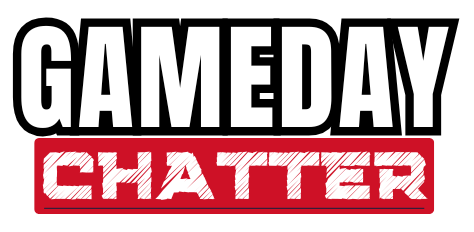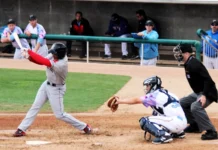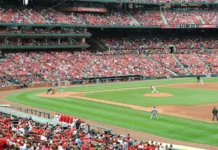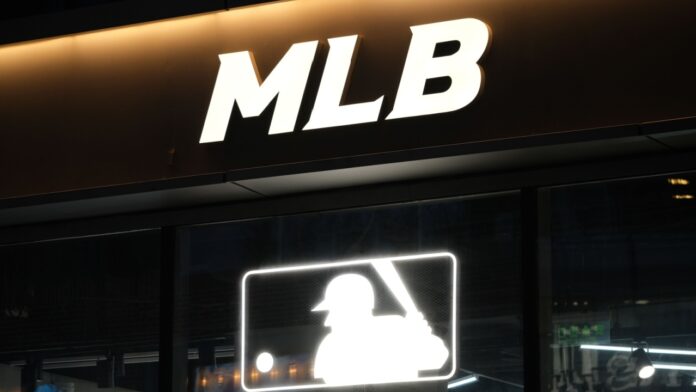
For many Americans, stepping into a ballpark and hearing the crack of the bat while smelling hot dogs and popcorn is more than just a sporting experience. It is a tradition, a memory, and a piece of national identity. Baseball has become deeply woven into the American story.
Even as other sports rise in popularity, baseball continues to hold a special place in the hearts of millions. In this article, we will explore how baseball became America’s favorite pastime, why it still matters today, and answer common questions about what keeps it alive and beloved.
Origins of Baseball and American Identity
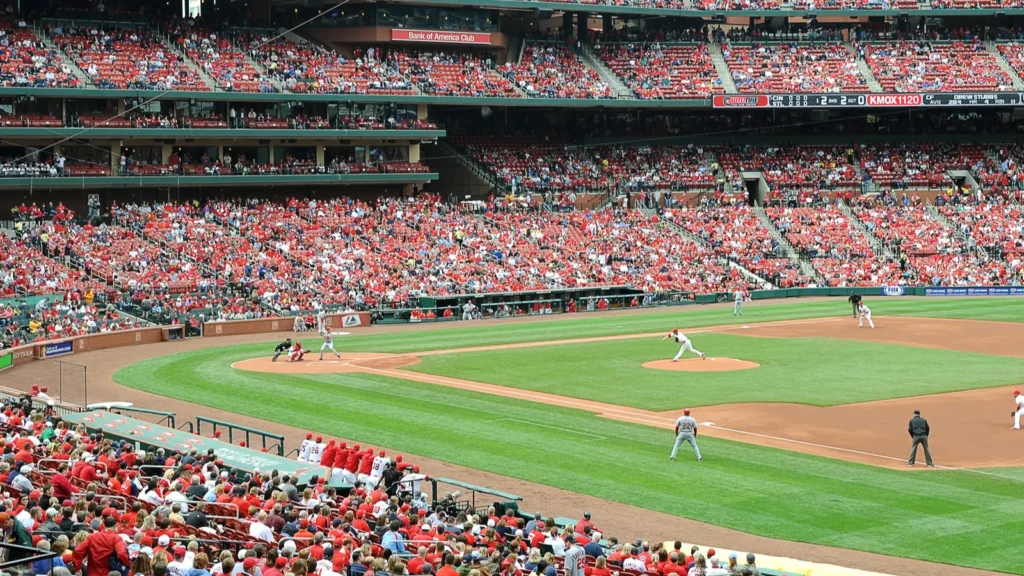
From its earliest forms, baseball took shape in the United States during a time of transformation. While its roots trace back to older European bat-and-ball games, the sport developed its unique American identity in the 19th century.
By the latter half of that century, newspapers and magazines were already calling baseball the “national pastime,” reflecting its growing cultural significance. In 1857, clubs in the New York area came together to form the National Association of Base Ball Players, an early organization that established rules and structure for competition.
Baseball’s popularity spread rapidly during and after the Civil War, as soldiers introduced the game across the country. When they returned home, the pastime grew within towns and communities, helping to unite people from different regions.
Why Did Baseball Resonate so Deeply With Americans?
Accessibility: The game was simple to learn and required minimal equipment. Anyone with a bat, a ball, and open space could join in.
Community and pride: As cities expanded and industrial life changed, baseball became a shared social activity. It gave communities something to cheer for and celebrate together.
Reflection of values: Many viewed baseball as a mirror of American ideals such as fairness, hard work, and teamwork. It became a symbol of the determination and unity that defined the growing nation.
By the early 20th century, baseball had secured its reputation as America’s game, loved not just for how it was played but for what it represented.
Golden Era, Heroes, and Tradition
After its foundation, baseball entered what many call its golden era. From the 1920s through the 1950s, stars like Babe Ruth, Joe DiMaggio, and Jackie Robinson became household names. They did more than play the game; they shaped American culture.
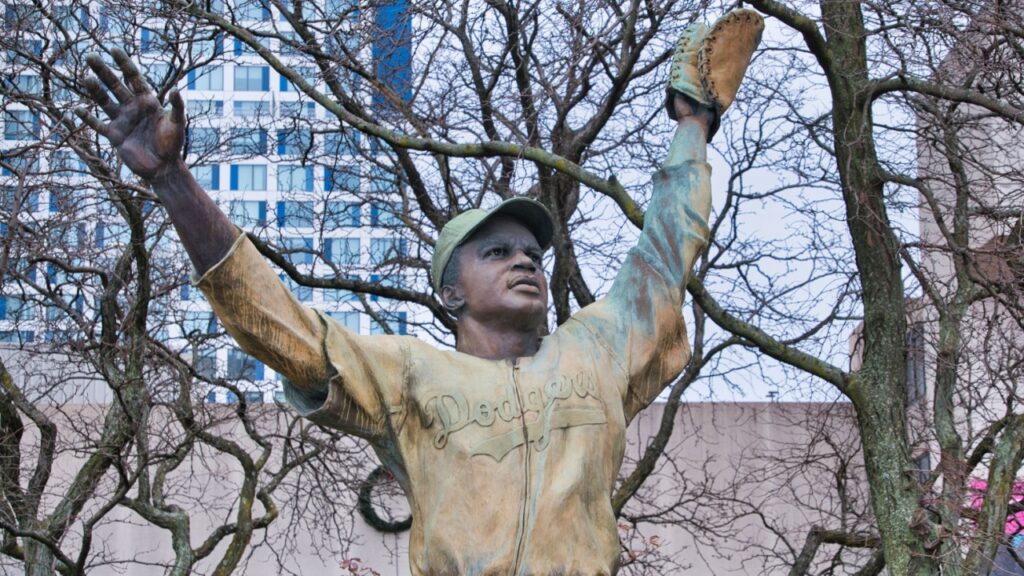
The rise of professional leagues, radio broadcasts, and televised games helped baseball reach millions. The World Series brought a sense of drama and ritual, creating unforgettable moments that became part of American memory.
Baseball also thrived as a family and community tradition. Parents and children played catch in backyards, families attended games together, and generations passed down loyalty to their favorite teams. These simple acts kept the spirit of the game alive.
One of the most significant cultural moments in baseball came in 1947 when Jackie Robinson broke the color barrier. His courage and excellence did not just change sports; they reflected broader social progress in America. Baseball became a stage where issues of equality and inclusion played out in front of the nation.
Because of its heroes, traditions, and social influence, baseball grew beyond a pastime. It became a living symbol of American history, filled with stories of triumph, challenge, and unity.
Why Baseball Still Endures in America
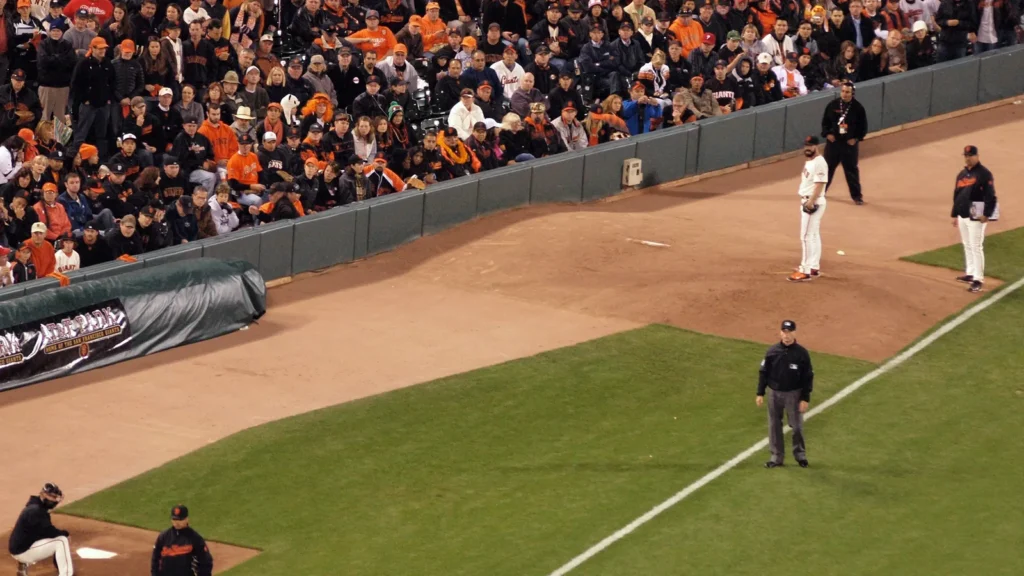
Despite modern changes in media, technology, and sports entertainment, baseball continues to hold a strong place in American culture. Its endurance lies in several timeless qualities.
A Link to the Past
Baseball connects generations. Watching a game today is not just about seeing athletes compete; it is about joining a story that began more than a century ago. The field, the rules, and the rhythm of the game remind many of simpler times while offering comfort and familiarity in an ever-changing world.
Culture, Identity, and Symbolism
Baseball serves as a reflection of American life. It has mirrored the nation’s struggles, victories, and transformations. Historians often describe it as a lens through which we can understand America’s evolving values and identity. The courage, confidence, and resilience seen in baseball echo the qualities that Americans admire most.
Shared Experiences and Family Traditions
Going to a baseball game, wearing a team cap, or playing catch are experiences shared across generations. The game’s pace encourages conversation and connection. It is one of the few sports that allows people to enjoy both the action and the atmosphere. Through family traditions and local pride, the game continues to bind communities together.
Adaptation and Evolution
Even with its deep roots, baseball has not stood still. The game has evolved through new rules, advanced technology, and international influence. Today, players from around the world bring new energy and skill to the sport. While its essence remains the same, baseball continues to adapt to modern audiences and global interest.
Rituals and Symbols
Baseball is full of rituals that give it meaning and charm. The ceremonial first pitch, the singing of the national anthem, and the seventh-inning stretch are cherished parts of the game. The World Series represents not just competition but a celebration of tradition and unity. These customs remind Americans that baseball is more than a sport; it is a shared heritage.
Because it combines history, symbolism, and human connection, baseball remains a pillar of American identity and pride.
Frequently Asked Questions
Q: Is baseball still America’s most popular sport?
While football has overtaken baseball in television viewership, baseball remains deeply significant to American culture. It continues to attract loyal fans and holds a unique place in the nation’s heart.
Q: Was baseball invented in America?
Not exactly. The sport evolved from older bat-and-ball games played in Europe, but its modern form developed in the United States during the 19th century.
Q: Who invented baseball?
The story that Abner Doubleday invented baseball in 1839 in Cooperstown, New York, comes from a commission in the early 1900s. Historians now agree that this story is a myth. The game instead evolved over time through many contributors, including Alexander Cartwright and early New York clubs.
Q: When did professional baseball begin?
One of the first professional teams was the Cincinnati Red Stockings, established in 1869 as the first fully salaried club. The National League, a foundation of Major League Baseball, was created in 1876.
Q: How did baseball contribute to social change?
Baseball reflected and influenced American society, especially when Jackie Robinson broke the color barrier in 1947. The sport has also united immigrant and minority communities, helping people find common ground through teamwork and shared passion.
Q: Is baseball losing relevance in modern times?
While some say younger audiences prefer faster-paced sports, baseball still evolves. Through digital media, analytics, and global participation, it continues to attract new fans and stay relevant in modern culture.
Q: What makes baseball’s traditions unique?
Baseball is distinct because it has no traditional game clock. It features unique customs like the seventh-inning stretch, the ceremonial first pitch, and songs like “Take Me Out to the Ballgame.” Historic ballparks and community-based minor league teams give the sport its special charm.
Conclusion
- From the Civil War fields to modern stadiums, baseball has grown alongside America, symbolizing its endurance and unity.
- The sport stands for more than competition; it represents tradition, family, and national identity.
- Baseball’s connection to history gives it lasting emotional power, while its evolution ensures it remains relevant.
- Generations of fans continue to share the same rituals: playing catch, singing in the stands, and cheering for their teams.
- Even as times change, baseball adapts without losing its heart, proving why it continues to be America’s favorite pastime.
Read More
- The Rise of International Players in MLB
- These Players Are Heating Up for the 2025 MLB Playoff Push
- How Jackie Robinson Changed American Sports Forever
This article was made with AI assistance and human editing.
